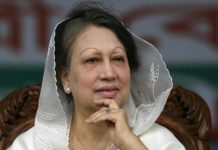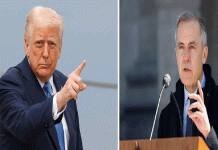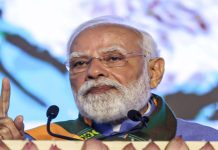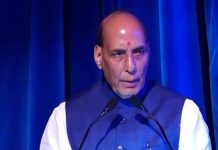New Delhi: In wake of a surge in prices of food and electricity, especially in the rural areas of the country, inflation in Pakistan jumped to over nine percent in March, the highest rate in several months, according to the Pakistan Bureau of Statistics (PBS).
The PBS recorded a 9.1 percent inflation rate three days after Prime Minister Imran Khan sacked Finance Minister Dr. Abdul Hafeez Shaikh on charges of not controlling inflation, although the real reason was the central bank’s autonomy, reported The Express Tribune.
According to the bureau, electricity rates were 31.5 percent higher than the previous year and almost all kitchen items recorded a double-digit increase in prices. Furthermore, the prices of eggs were 64 percent higher than those in 2020.
Wheat prices were 35 percent higher, followed by a 24 percent average increase in prices of sugar, 19 percent in wheat flour, 20 percent in pulses, and 17 percent in vegetable ghee.
There was a significant increase in inflation in rural areas as compared to that in cities, with PBS reporting an increase from 8.8 percent to 9.5 percent, reported The Express Tribune.
Food inflation also rose more in rural areas than in urban centres, with a jump from 9.1 per cent to 11.1 per cent – a surge of two per cent within a month.
The double-digit increase in prices suggested that it was not easier for the middle and low-income groups to manage the kitchen with limited resources.
Pakistan has come under fire by civilians for the high prices of essential commodities. Last month, several farmers protested against the federal government and carried out a ‘tractor march’ to enforce their ‘legitimate demands’.
With the unprecedented wheat and sugar crisis taking a toll in the country, the Imran Khan government has also been criticized by opposition parties, most notably the 11-party opposition alliance – Pakistan Democratic Movement (PDM) – for ignoring the farmers’ plight.











































